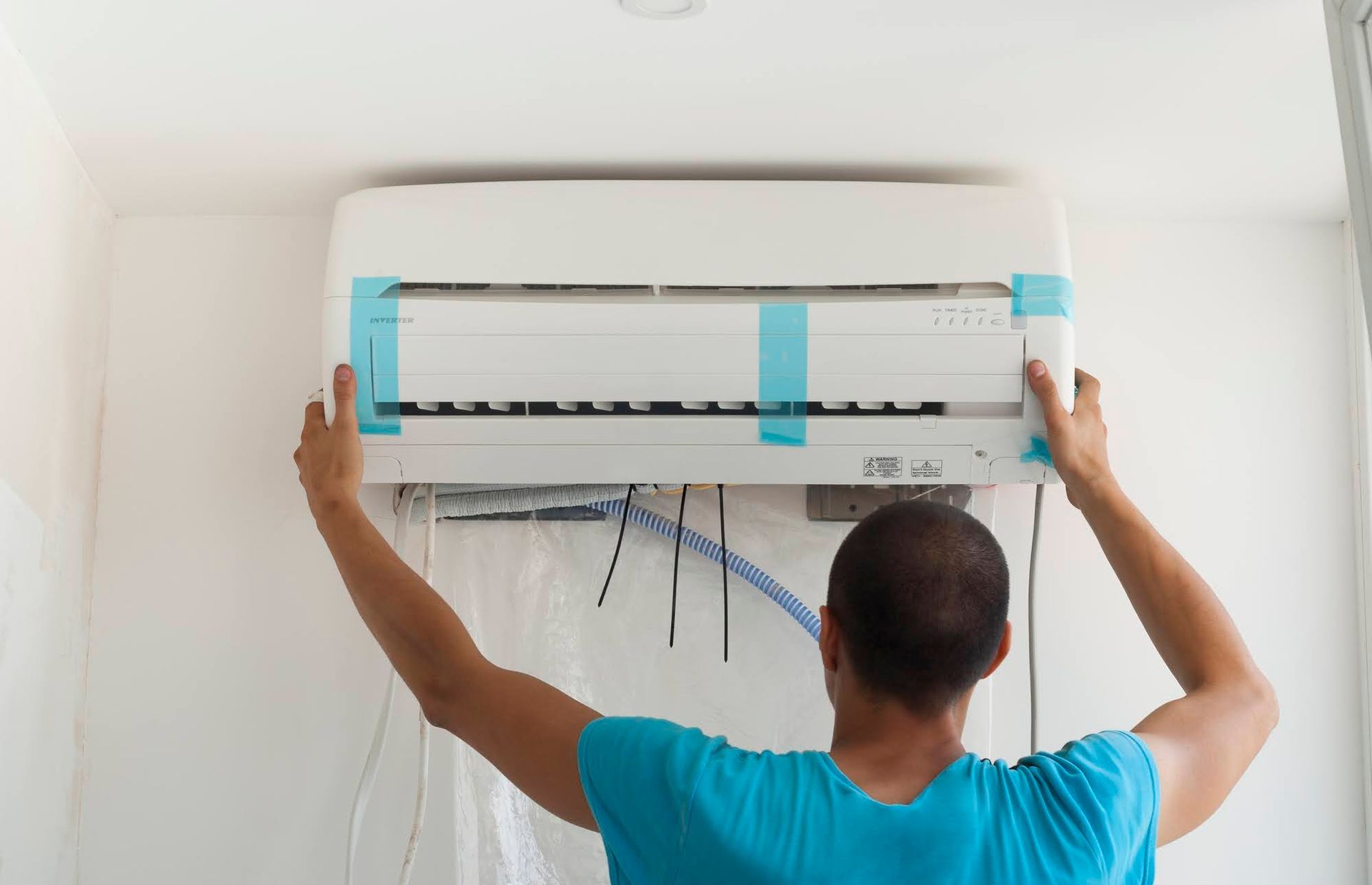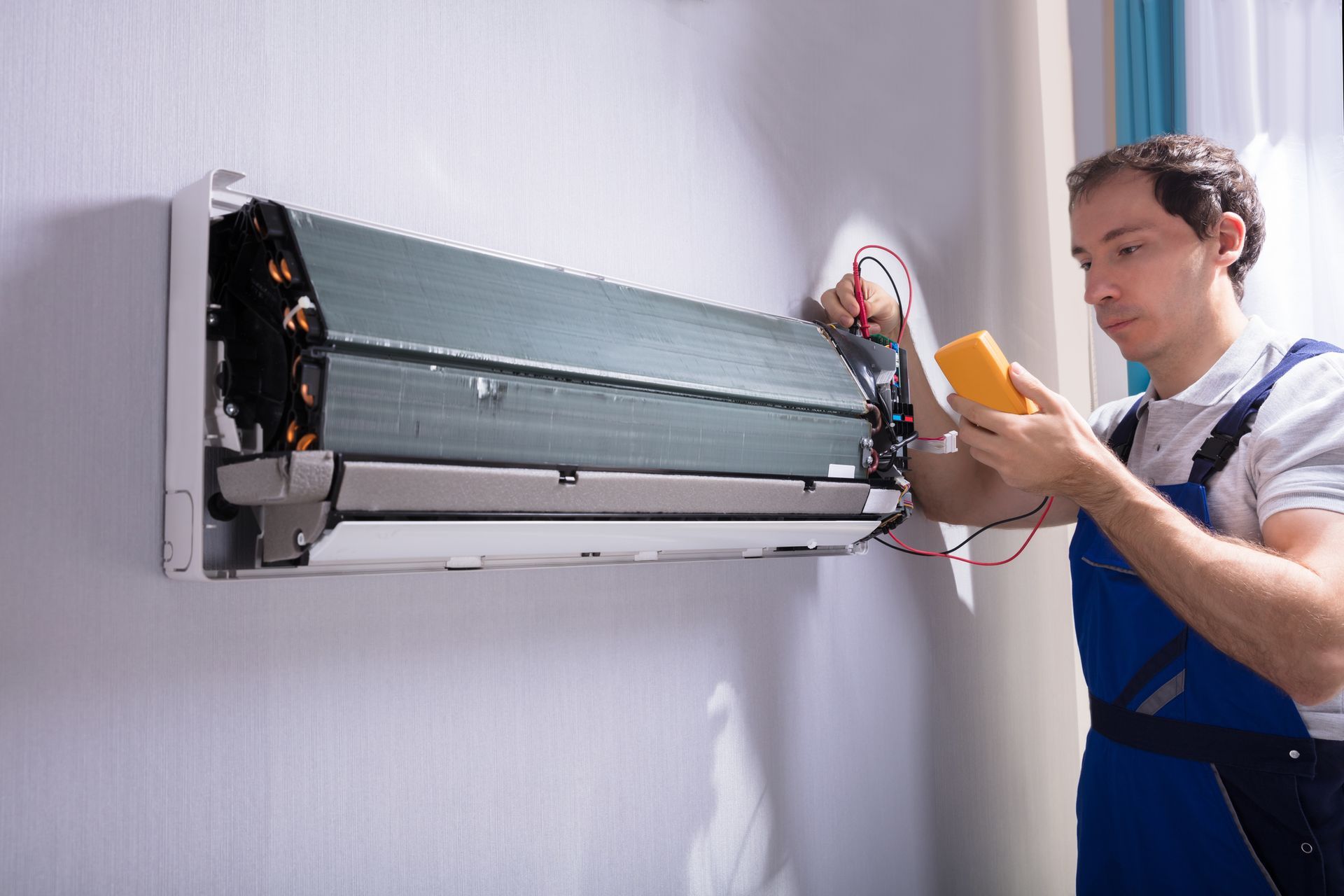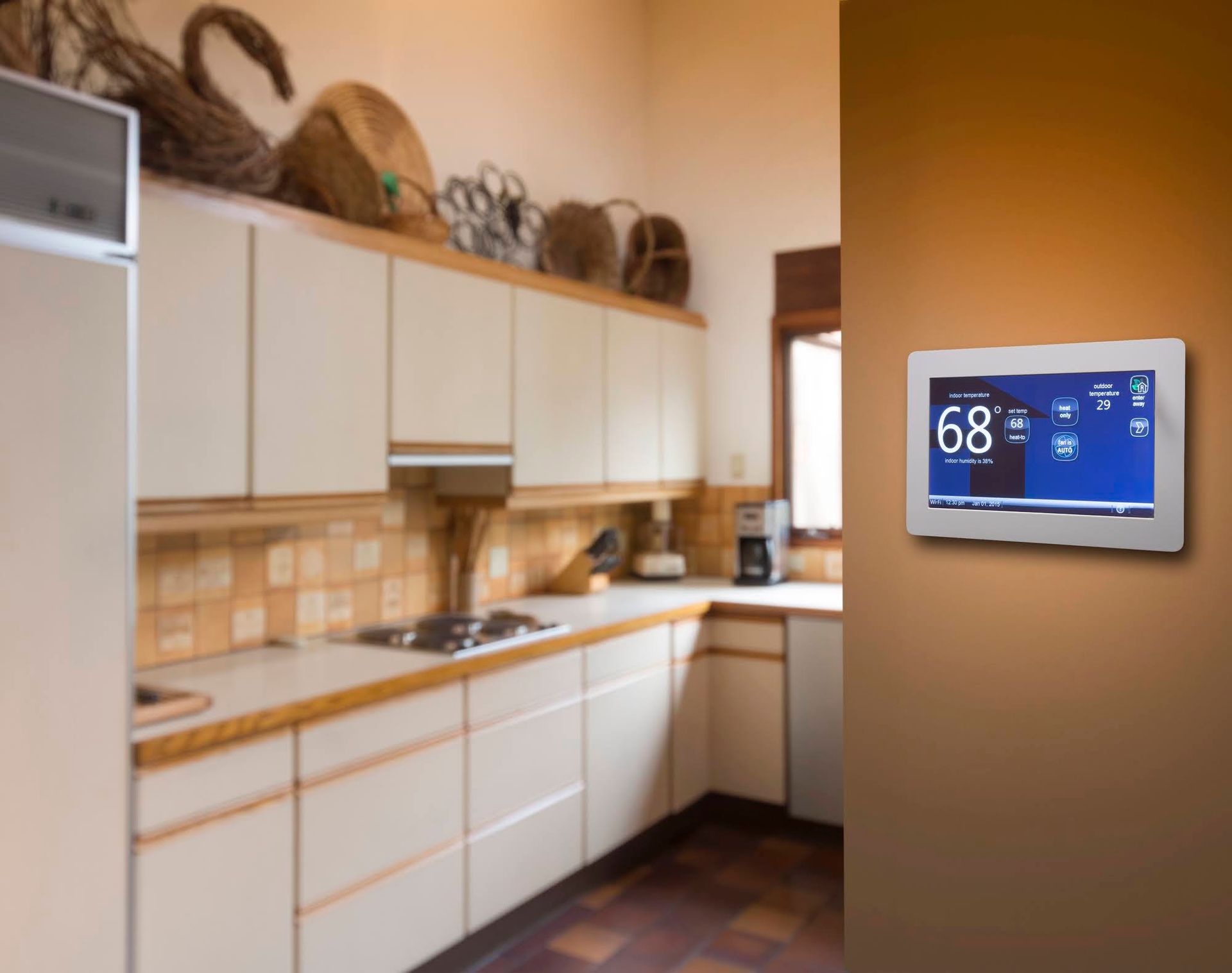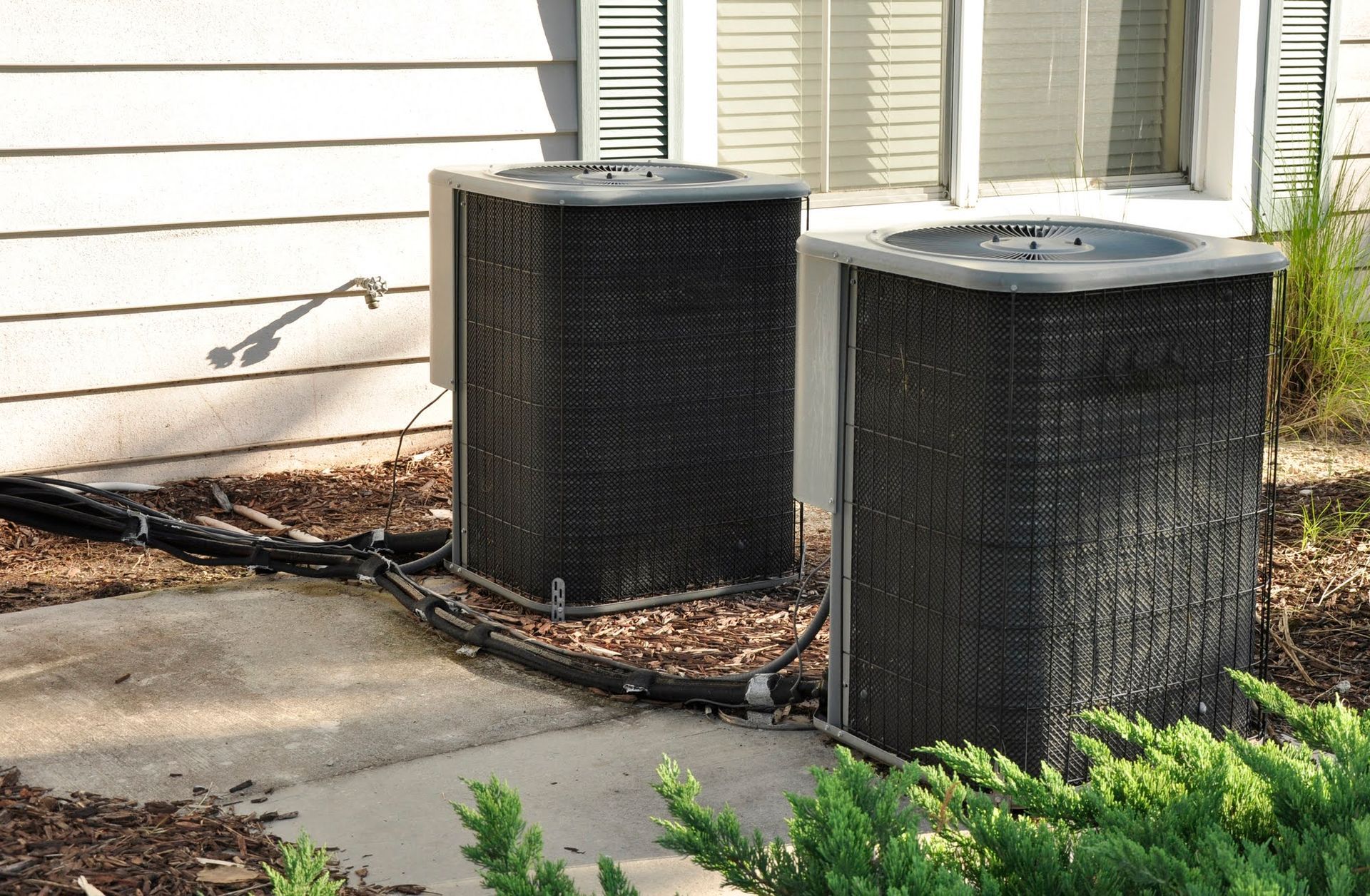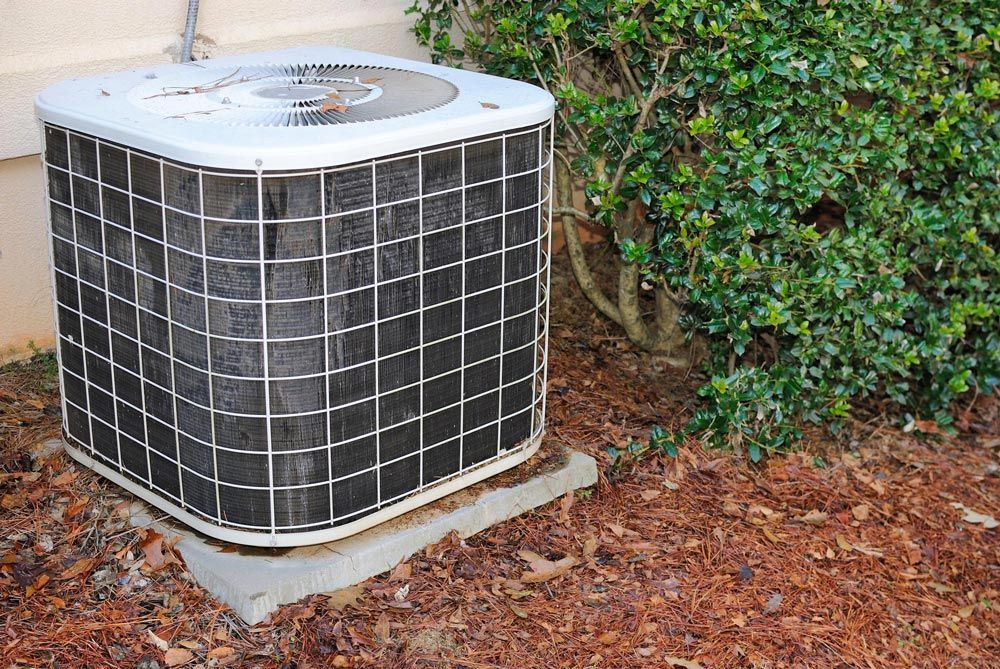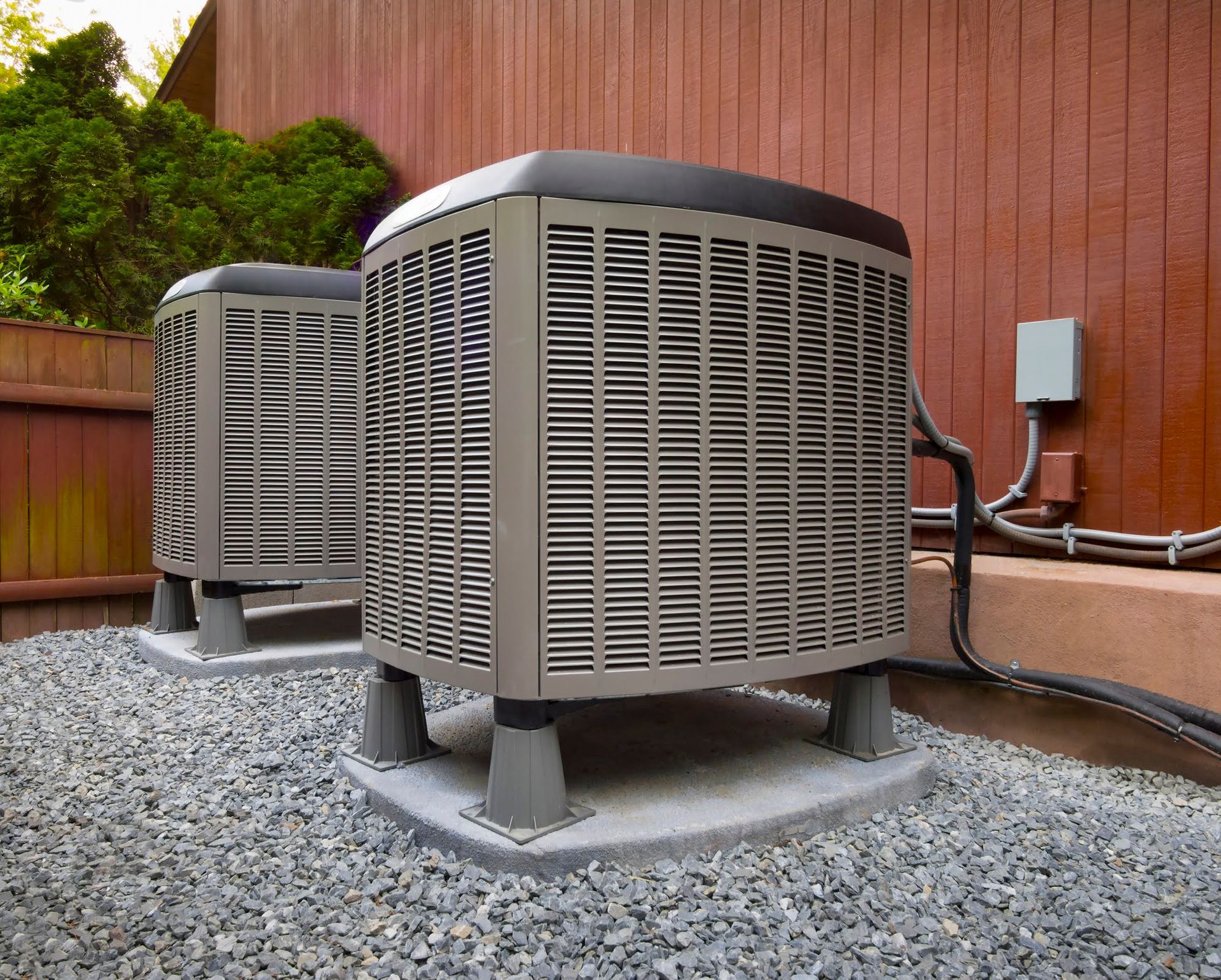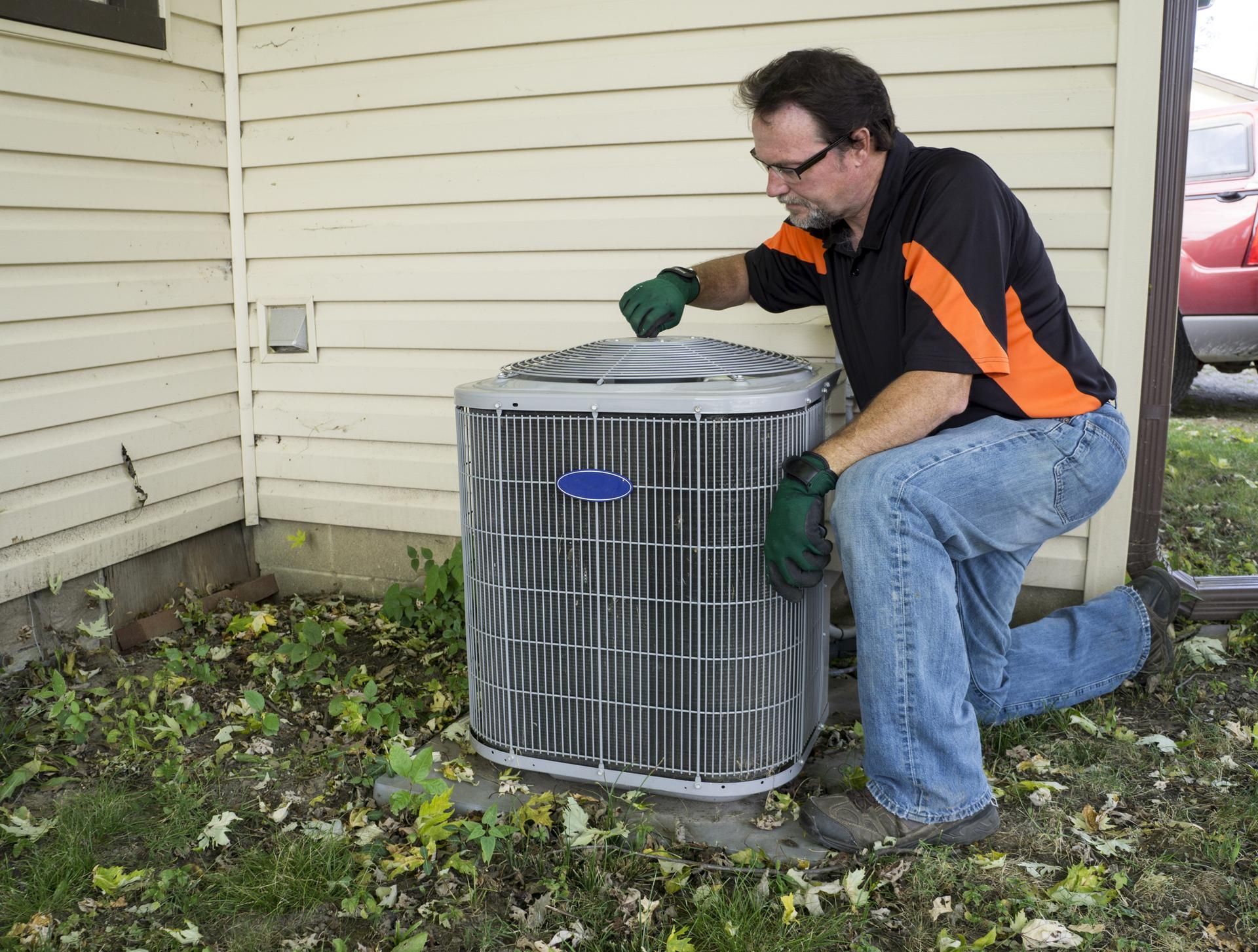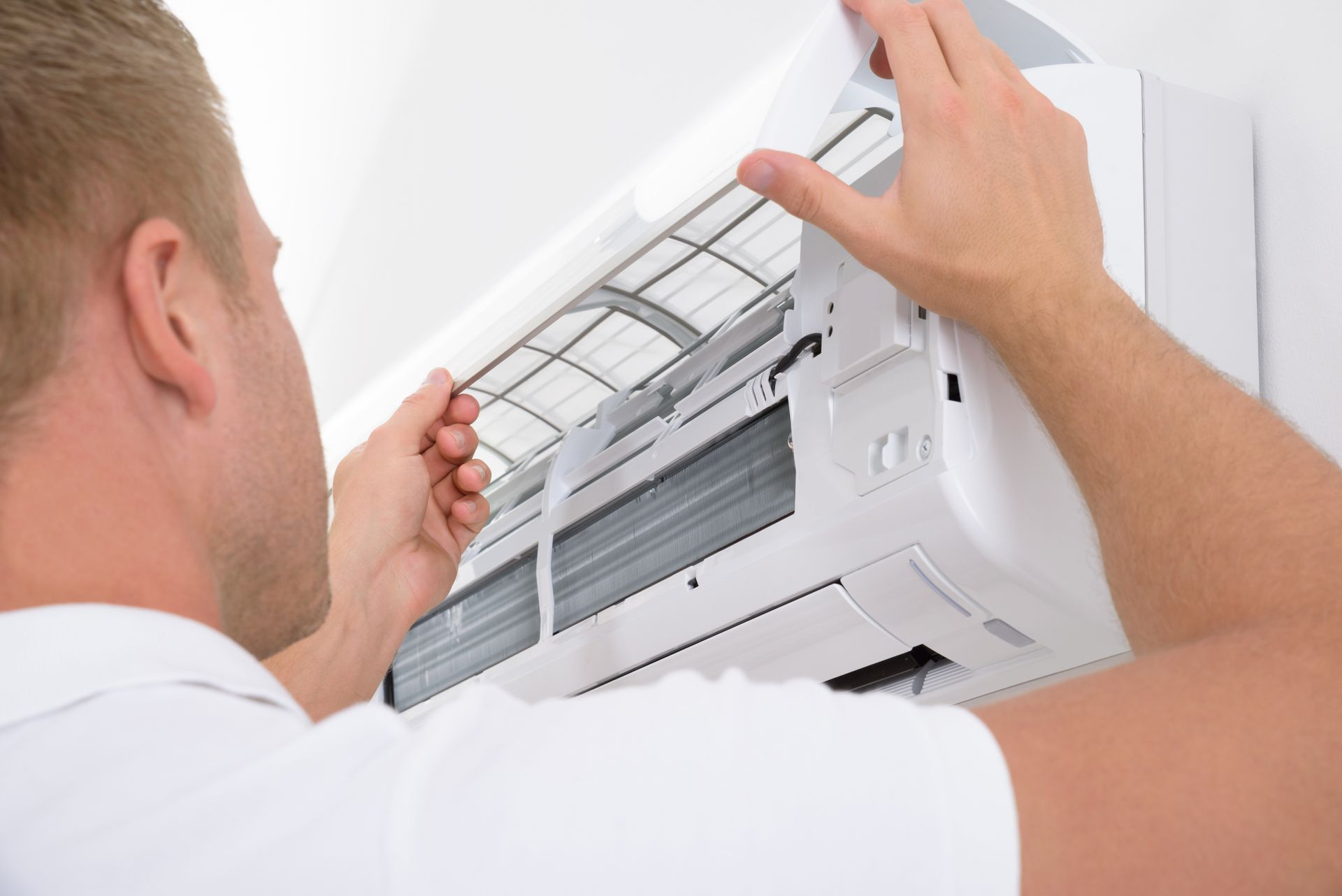R-454B Refrigerant Blend- See The Experts, So You Don’t Blow Up Your Home
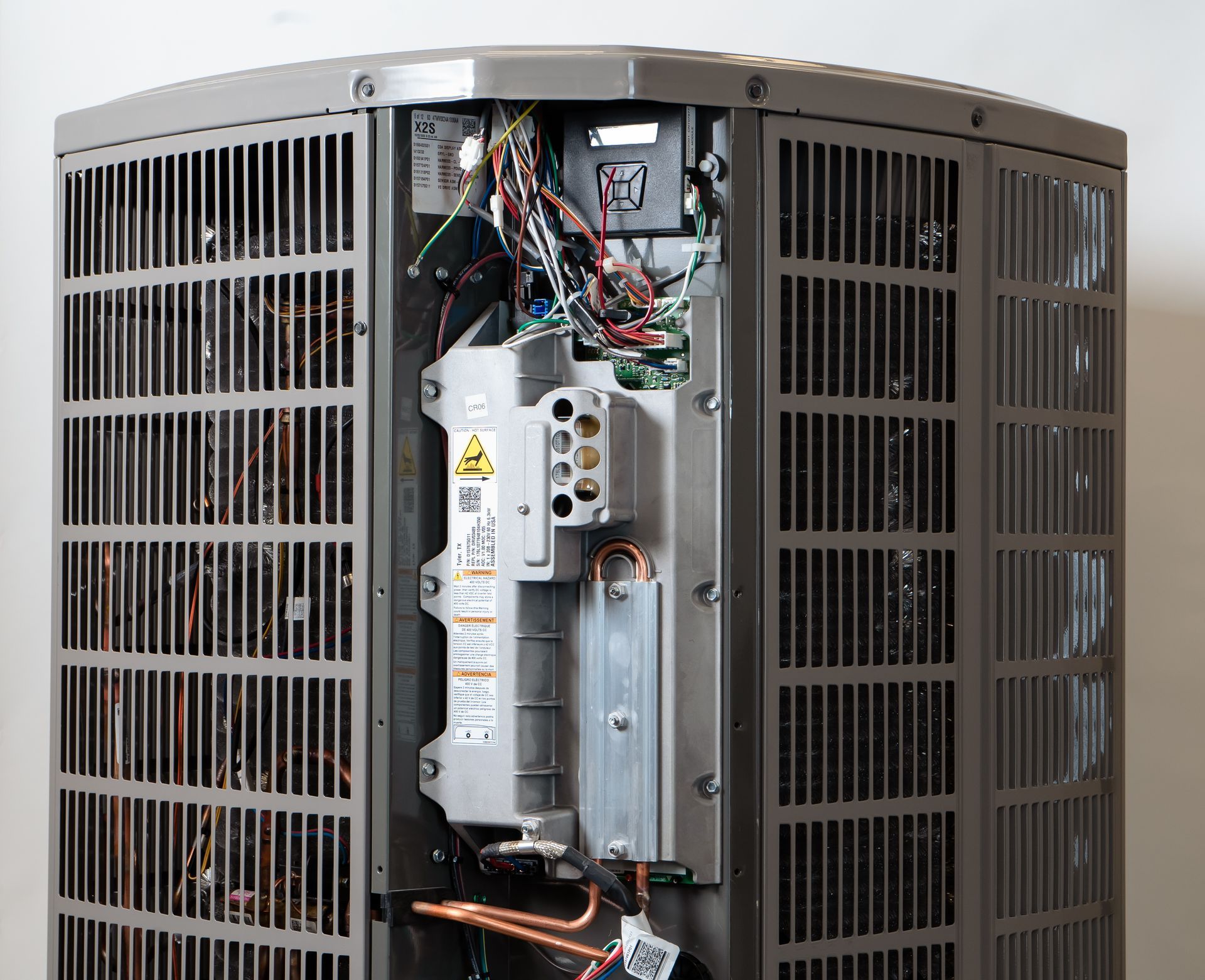
R-454B is a refrigerant blend that is designed as a replacement for hydrofluorocarbon (HFC) refrigerants with high global warming potential (GWP). It falls into the category of mildly flammable refrigerants. R-454B is also known by the trade name Opteon™ XL41.
Here are some key points about R-454B:
- Chemical Composition:
- R-454B is a ternary blend of R-32, R-125, and R-1234yf. These components are hydrofluoroolefins (HFOs) and hydrofluorocarbons (HFCs).
2. Environmental Considerations:
- R-454B is designed to have a lower GWP compared to many traditional HFC refrigerants, making it a more environmentally friendly option. The goal is to address climate concerns and reduce the impact on global warming.
3. Mildly Flammable:
- R-454B is classified as A2L under the ASHRAE flammability classification. This means it is considered mildly flammable but has a lower flammability risk compared to other flammable refrigerants.
4. Applications:
- R-454B is intended for use in various air conditioning and refrigeration applications, including residential and commercial air conditioning systems, heat pumps, and medium-temperature refrigeration equipment.
5. Performance:
- The refrigerant is designed to provide similar or better performance compared to the refrigerants it is meant to replace. It is important to consider system efficiency and compatibility when transitioning to a new refrigerant.
6. Regulatory Compliance:
- R-454B is developed to comply with environmental regulations aimed at reducing the use of high-GWP refrigerants, such as those outlined in the Kigali Amendment to the Montreal Protocol.
7. Safety Precautions:
- Like any refrigerant, proper handling procedures and safety precautions must be followed. Users should be aware of the flammability characteristics and follow guidelines for storage, handling, and transportation.
8. Transition Considerations:
- Transitioning to a new refrigerant involves considerations such as equipment compatibility, lubricant compatibility, and potential system modifications. It is recommended to consult with equipment manufacturers and industry experts during the transition.
As the field of refrigerants is dynamic and subject to ongoing research and development, it's crucial to stay updated with the latest information from industry sources, manufacturers, and regulatory agencies. If you are considering a transition to R-454B or any other refrigerant, consulting with HVAC professionals and considering the specific requirements of your equipment is advisable.
